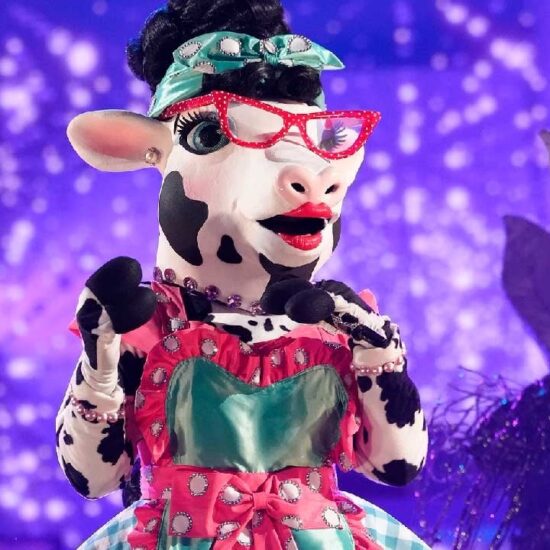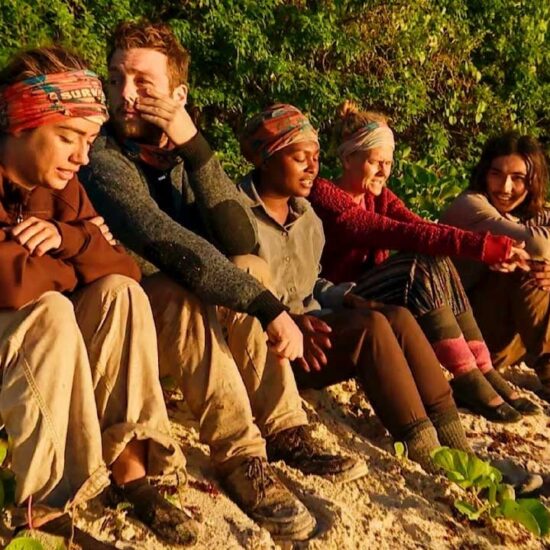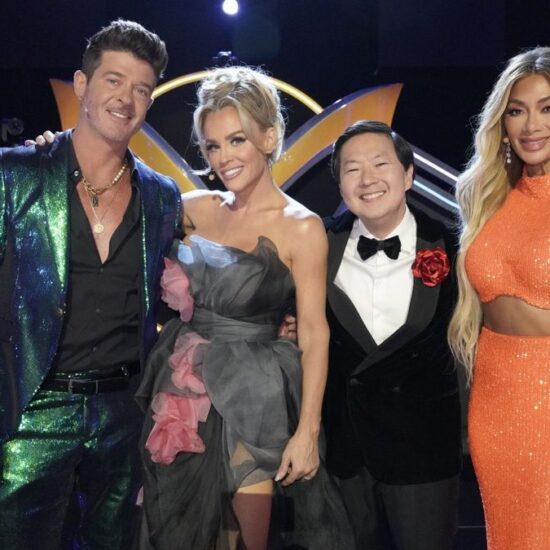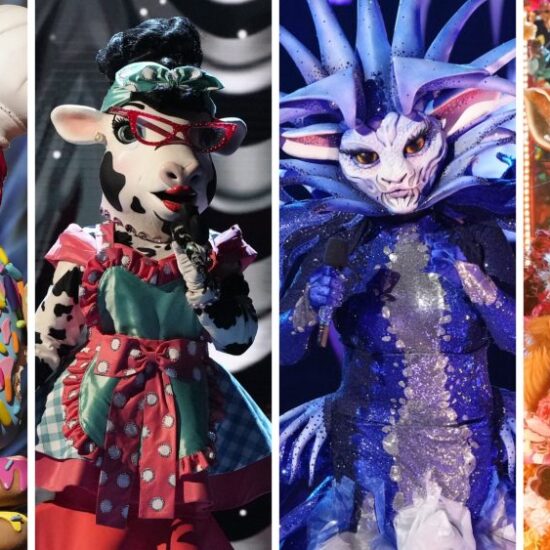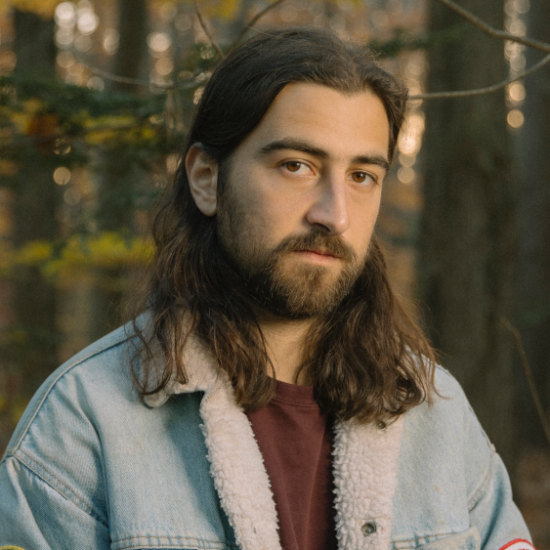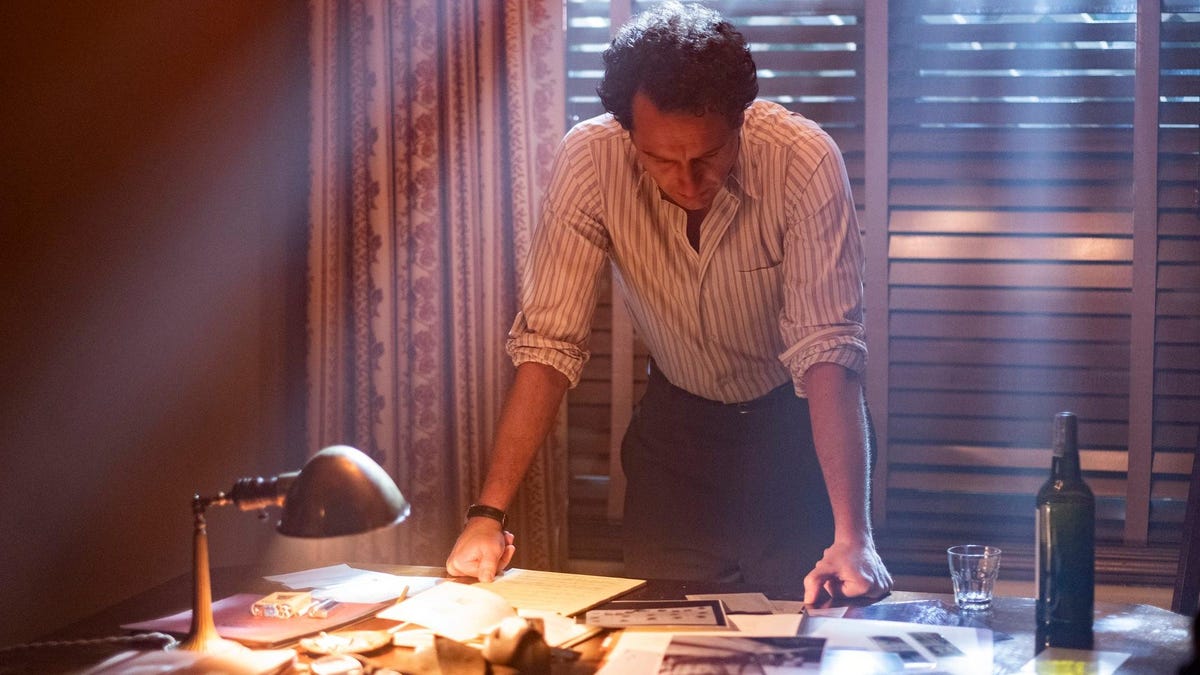
If you’re known to beg people to watch Perry Mason, “get to episode five” will become a frequent refrain. “Chapter Thirteen” is a leveling-up moment for the show, one that combines its disparate parts into a coherent, entertaining, and satisfying whole. Moreover, from the romances to the cross-examinations, “Chapter Thirteen” has a swagger about it, confidently moving from beat to beat with a sure-footedness honed over the last season. As Terence Blanchard’s thumping score send Perry, Della, and Paul from heaven to hell and back again, Perry Mason finally feels like itself, and it did it all in less than 58 minutes.
The episode opens with an intense and tightly shot prologue of the Gallardos breaking into the McCutcheon Stadium construction. Mateo, Rafael, and Sophia gaze upon the massive crater in wonder and horror: This used to be their home. The episode’s prologue recalls Steven Spielberg’s West Side Story, particularly the scenes set around the construction of Lincoln Center and those salt houses, with cinematographer Janusz Kamiński pulling deep blacks and cool blues from the rubble. It’s an apt comparison thematically, too. Like West Side Story, Perry Mason sets in issues of gentrification and housing violence against a very human (and American) love affair that begins with wanting a better life. As they tour the ruins of their old life, Mateo proposes to Sophia, promising her, “We’ll have good memories again.”
The scene calls to mind what Ginny said last week, “No one tells you what was, only what can be.” It’s a turn of phrase encapsulated in the sign for McCutcheon Stadium: “Our future together. Our Los Angeles.” Brooks didn’t sell people on the racist displacement the Gallardos endured; he sold them on “tomorrow” via an empty stadium. Now, this bittersweet memory is Mateo’s only comfort as he turns over in his bed, the electricity that powered Sophia and Mateo’s love replaced by a dimly lit jail cell.
G/O Media may get a commission
Nevertheless, romance is in the air this week. Perry awakens from a passionate night with Ginny Aimes on his disgusting apartment floor. Perry’s the happiest he’s been all season, free of the WWI PTSD, Dodson aftershocks, and, we guess, whatever’s going on with his son. (People have it hard on Perry Mason, but being Mason’s son is a ruthless and thankless job. In fact, at the risk of sounding hyperbolic, Perry’s paternal instincts are wrong.) But, right now, Perry’s in a good place. And to think, it’s only been 24 hours since that sex worker propositioned him for a 25-cent blowjob he paid 50 cents not to happen. But, of course, he also has to be at work in an hour and has no idea how to defend two brothers he knows are guilty. But what if—and stay with us, Perry—it’s a little more complicated than that.
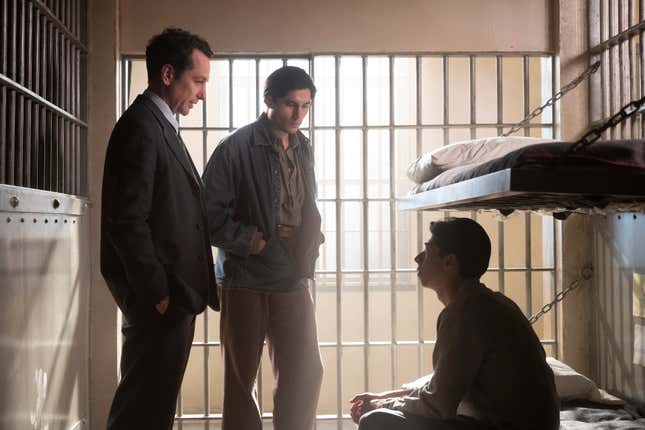
Della, who spent another night with Anita in much more cozy and sanitary digs, is finally stepping out of her boss’ shadow and becoming who she is. More importantly, we’re allowed to see her as a human being instead of a plot driver. Despite being divorced from its procedural roots, HBO’s Perry Mason doesn’t get much breathing room. The first season pushed additional shading to the edges of the show—unless, of course, it directly explained one of Perry’s many personality faults. However, the last five episodes have dolled character beats out judiciously, especially with Della and Anita. We’ve tracked their growth from the powder room to the boxing ring to Palm Springs as their relationship deepens. This episode gives them time to enjoy each other and fall in love. Proving that Della’s sexuality is more than lip service, episode writer Niko Gutierrez-Kovner takes us to a lesbian nightclub, where the couple can dance, feel free, and live their dang lives.
Unfortunately, despite the fresh start vibe of the episode, Perry’s first day in court is a quasi-disaster. Set to the dulcet tones of Fighting Frank Finnerty (John DiMaggio ), a conservative charlatan spewing his racist bile over the airwaves, the show settles into Mason’s big, impossible dive into a small pool of water—like the horse! But McCutcheon’s media war is already winning, with witnesses parroting Finerty and Lydell’s insults from the stand. In trying to plant seeds of doubt, Perry overplays his hand and irritates the bus driver who fingered the Gallardos. But Perry is getting wiser and more confident too. He knows “Mr. Maggot” isn’t a dig at the clients. It’s a dig at him. As long as they’re not attacking the characters of his clients, Perry is willing to be the town’s punching bag again.
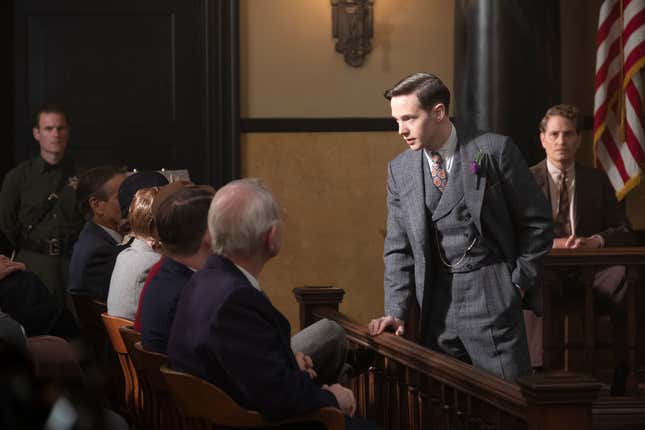
But they won’t get anywhere unless the Gallardos start telling the whole truth. Sophia reveals that the boys had a good reason for mowing down Brooks: money and revenge. Honestly, that’s the motivation for about 95-percent of television murders, but hey, it’s still as good a reason as any. At the prison, Rafael tells Perry how the police set fire to his home, killing his sister, and sending them to the shanty. Brooks or, more likely, Noreen Lawson’s brother leveraged the cops into breaking up the neighborhood to make room for the stadium. Perry seems to immediately understand why the Gallardos did what they did, holding his head in shame for even considering dropping the case. The Gallardos aren’t going to spill tears over Brooks McCutcheon, that’s for sure, and they deserve their day in court.
Paul is also trying to make amends with someone he didn’t mean to hurt: Perkins (Christopher Carrington), the loanshark Paul unwittingly put away by playing a useful idiot for Pete Strickland. But let’s take a moment to call out how great Chris Chalk is. Always a sturdy presence in the scene, Chalk gets a range of different modes this week. From arguing with his brother-in-law (Jon Chaffin) to finally facing Perkins, Chalk handles them with a smooth and steady disposition, never backing down when the conversation gets tense. All the while, he has Clara at home to even him out. Still, before Paul finds him in another blurred line between truth and justice, he has to meet with Noreen’s brother, Councilman Taylor, who drops several intriguing hints. He insists that his sister ended up in the home after a “car accident,” but she also used to work for Brooks, and the stadium is in his district. As fun as it was watching him put the heat on Taylor, it’s when he meets with Perkins that he gets in over his head. Like Perry with the bus driver, Paul gets too cocky and scares Perkins off in an attempt to cut a deal.
While the revelations come in fast and frequently, there’s still room for discovery in “Chapter Thirteen.” In particular, Perry walking us through the fingerprint discrepancy went a long way in pulling the audience back onto Perry’s side, reveling in his abilities. Stealing some moves from Who Framed Roger Rabbit, Perry notices that the numbers on the photo negatives of Mateo’s fingerprints are backward. In court, he lays the evidence out so carefully and cogently that—more than with Perry’s first cross-examination, even—we’re hooked, on board, and ready for him to get what he’s driving at. Kudos to episode director Marialy Rivas, who trusts us to follow along without going so slow it feels pandering. Hamilton Burger is right: Mason’s craftier than you think.
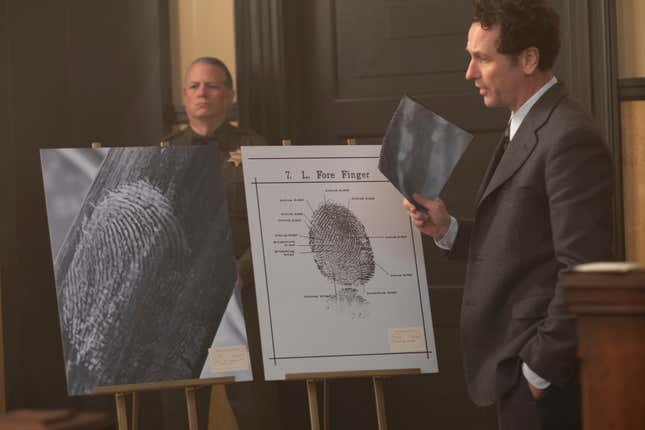
Paul’s dealing with Perkins a few weeks back returns as he learns that the disgraced crime boss knows Ozzie Jackson (Terrence Hardy), who paid the Gallardos to take out Brooks. If Paul finds him, he can start working his way back to Brooks, but first, he has to make right with Perkins, who gives Paul an ultimatum: Beat the information out of Ozzie, or Perkins will cut Paul’s hand off. Like the Gallardos, Paul doesn’t have a choice. It’s more or less self-preservation at this point.
After returning home with Ozzie’s blood staining his hand, Paul crawls into bed with Clara and asks, “Am I good?” It’s a question these characters seem to be asking themselves constantly. Della, too, makes dubious decisions when Hazel (‘memba her?) reappears. Della’s been sneaking behind Hazel’s back and can’t even offer her the dignity of the truth. Perry’s rubbing off on her. Even Pete Strickland is put in a morally questionable situation, meeting with Milligan to give dirt on Perry. The episode ends on an ominous note. Perry comes home to discover his son’s train set running around a lit cigarette. Someone was just in his apartment. It probably wasn’t Ginny—and it definitely wasn’t his poor forgotten son. Perry’s making someone very powerful more nervous than ever.
Stray observations
- Title Card Corner: This week’s titles were brought to us from Mateo Gallardo’s prison cell, with the letters remaining essentially behind bars. Not all of the letters, though. Some hope breaks through.
- I can’t help but think that Ginny’s comment that Perry Mason has 58 minutes to solve the case is a joke about the Raymond Burr show. It’s a cute line that works more effectively than “No one ever confesses on the stand.”
- When Mason turned the deal down, Justin Kirk’s face was pure dread. “He passed the bar after a night’s studying.” I cannot wait for Mason to nail Milligan’s ass.
- The show’s interest in stadiums is very pointed, especially in Los Angeles, where the construction of Dodgers Stadium displaced thousands in the 1940s. Before the city built the stadium, the Mexican American communities of Palo Verde, La Loma, and Bishop, collectively called Chavez Ravine, thrived. In 1948, thanks to racist “urban renewal” initiatives, Chavez Ravine was dubbed the first “blighted” area in L.A. to be rebuilt. These were not slums but one of the few places in the city where non-white people could own homes. In 2021, Vox released a video about the displacement, explaining how the stadium ended up in Chavez Ravine. In one moment that feels particularly relevant to the episode, historian Priscilla Leiva describes the groundbreaking of the stadium “as though that ground had never been broken before.” Ginny’s philosophy also reflects the racist wrongdoings of Los Angeles.
- One thing I loved about the fingerprint scene is that Perry isn’t terribly flashy with his questioning. He’s unassuming and so is the direction. As much as I loved Stephen Root’s full-throated, simple-country lawyering last season, this is a perfect example of how compelling presenting evidence can be. When the scene comes together with the numbers, it felt like watching a magic trick.
- Part of me wishes that they had done more with Hazel this season. Honestly, before she showed up, I assumed they explained her away weeks ago, and I just missed it. Her absence and sudden dismissal signal they simply didn’t have space for her within the story, or maybe a hand model that always wears gloves was a little too quirky for this particular Mason. Plus, Anita St. Perre is such a good name.
- Here’s a lesson for aspiring gumshoes: Your next clue is at the bottom of your drinking glass.
- I know they spell their names differently, but Ozzie Jackson’s name is a reference to the Ozzy Osbourne song “Perry Mason.” No, we will not be taking questions at this time.









